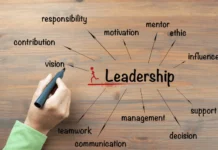If you want to defeat your debt, you must first understand why you’re not a “debt master”.The answer will help you to conquer your debt. You will need to learn how to overcome your fears, apply different strategies to tackle your debt and even work on modifying your behavior to avoid falling into debt in the future. As you already know staying on track when paying off debt is crucial and therefore, you need a plan. Here are a number of steps you should follow:
Start small
The smaller the debt, the easier it is to fight back and hold onto your money. Start with your credit card, and work your way up to the bigger debts like your home loan or student loans.
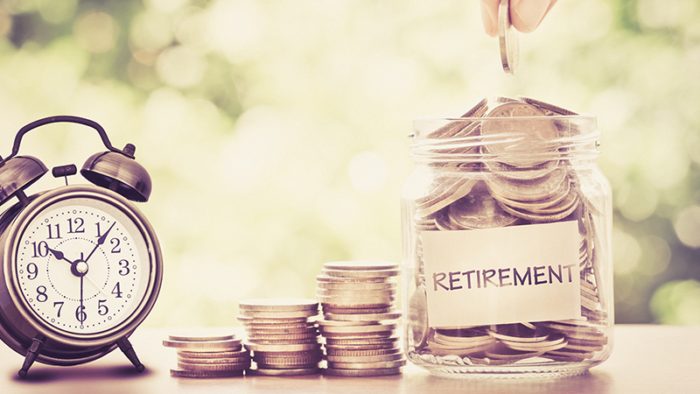
Make a claim on Mis-sold Pension
If your financial institution or bank convinced you to buy a finance or investment product that wasn’t pertinent for you situation, you could get compensation if you file a complaint. According to MoneyandMe, specialists in Mis Sold pensions, the compensation scheme deals with cases where financial products aren’t suitable for a wide variety of people. If the terms of a finance product are unfair or false or you’ve been misled, you can make a complaint. You may also be able to make a complaint if the bank or other financial company has acted unfairly. This is especially so in the UK where Mis sold pension claims are processed much faster and with less drama.
Ask your lender to improve your repayment options
Credit card issuers typically offer two repayment plans, one that lets you pay the full balance every month and one that caps how much you owe. Get your lender to match the plan you’ve chosen and contact your loan servicer to work out a repayment plan that better suits your needs.
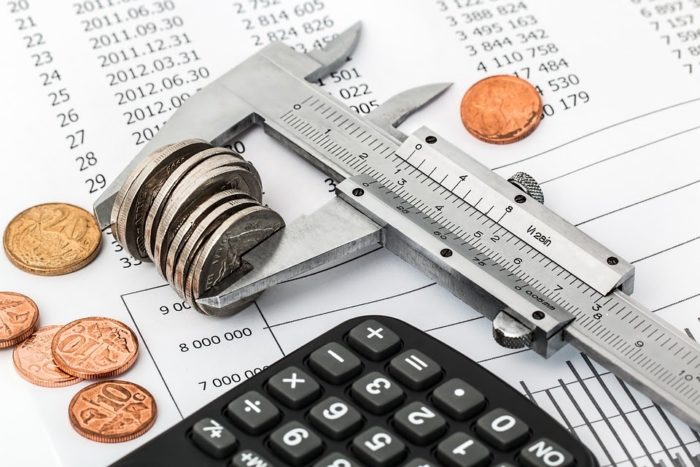
Get creative
Let your partner know if you’re dealing with any of the same debt. If your relationship has issues and you know it, try a debt forgiveness program. Remember that paying your debts is NOT the same as being paid by your credit card company to avoid negative rating. Even if you weren’t paying your credit card company for your debt, you still owe them money. Remind your partner you want to pay your debts all at once, not piecemeal.
Stay in Control
The lack of budgeting and other control habits such as forgetting to budget and not taking accountability for your spending leads to a “get rich” mentality where the rest becomes unimportant. While it’s good to stay in control, it is not always possible or even desirable. Understanding how to quit being the middle man, rather than be the abuser, will allow you to focus on what matters and control your finances. Reliance on debt to finance your lifestyle is making you a slave to a system that thrives on the pressure of money.

Request an income-based repayment plan
Pay an income-driven loan. You’ll get to pay only the minimum payments and make only payments for a certain number of years. The lower the payments, the longer the program can work. When you think you qualify for an income-based repayment plan, it’s important to contact the loans provider of your loan before applying. The provider must be familiar with your situation and can help you figure out the best repayment plan for your situation. Once you’ve got a plan in place, it’s a good idea to check it each year to make sure it’s still working.
Research your options
Thoroughly research your options, including any loan options through companies such as Kapitus, balance transfer options, and tax benefits. Set up a dedicated tax-free savings account. Pay off the minimum balance each month. At the end of the year, maximize your contribution by contributing your maximum allowed deduction (from the plan in question) to your tax-free savings account. Start saving before the end of each month. Once the minimum balance has been paid off, and start paying interest to the account.
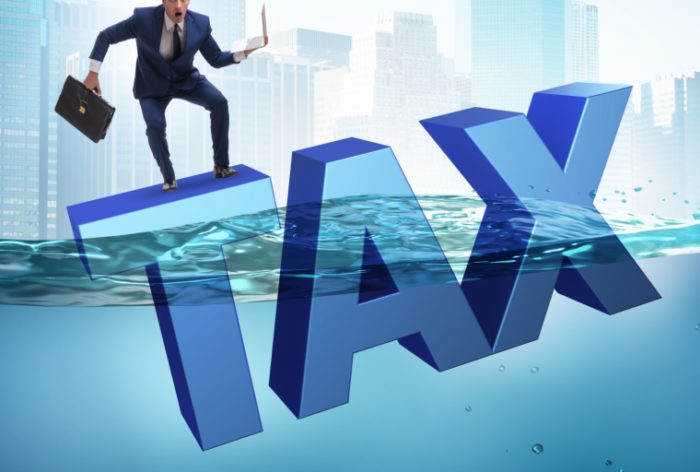
Divide and conquer
Divide the debts you have into three categories: existing, minimum, and maximum. Existing debts count against your minimum and maximum debts, so if you owe $20,000 on one credit card, it will deduct from your maximum credit card balance. Defaulting on the minimum and maximum debts would also impact your minimum balance
Have a plan
Pay on time. Setting aside two weeks in the month to make payments will ensure you stay on track, and you won’t get caught up in more debt. Plan now so you’re not left scrambling after you decide to change your goal. For example, You can set up automatic payments through your online banking or your credit card provider. Ask your bank or credit card company to automatically track your credit card payments, then send a notice when you’ve run up a tab.
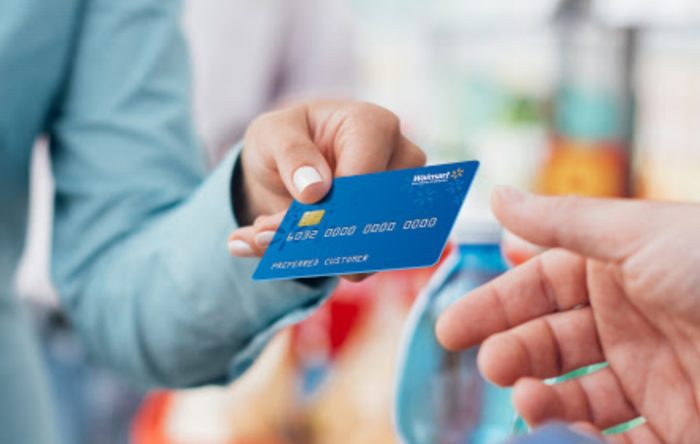
Final thoughts
If you have debt, you may feel a sense of desperation and a desire to eliminate it as soon as possible. However, regardless of how you arrive at a debt-free situation, this type of success requires skill and patience.
You must start at the beginning. Any time you have spent any money over and above your monthly take-home pay on the debt, it is time to evaluate what you need to start eliminating your debt. First, consider what the money you spent on this debt is for. While there are various reasons why you could have spent this money, here are some of the most common ones: to pay down credit card debt, to pay off credit card interest and to reduce or eliminate monthly payments.
If you are debt-free, you may feel a sense of relief. We are very often asked by people what benefits they might gain from eliminating debt. Here are a few: 1. Refreshed outlook – debt, especially revolving debt like credit cards or auto loans, can get you into trouble, especially in a recession. As you are budgeting, you may find yourself falling further and further behind. Eliminating your debt can help you to reboot your budget and make it more manageable and have control over your minus stress!




